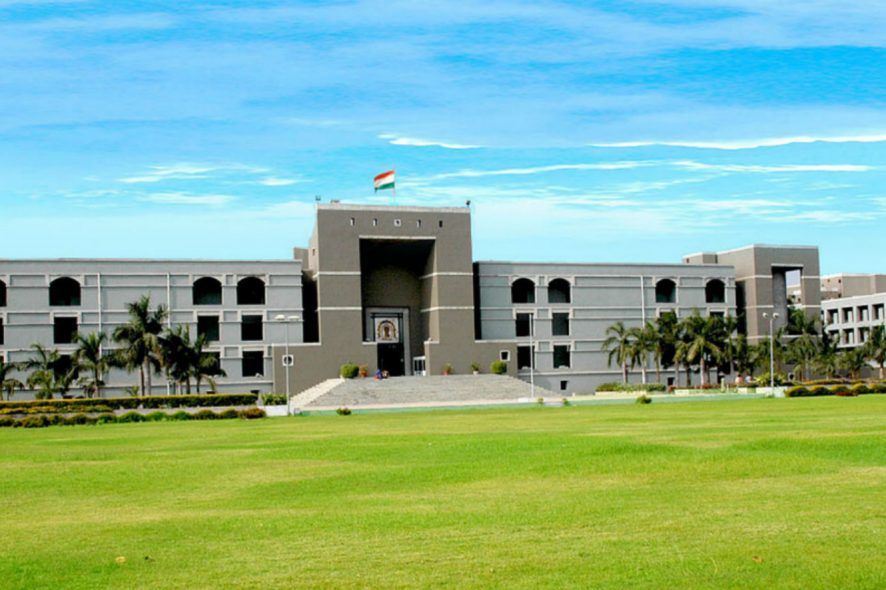Gujarat High Court: The Division Bench of S.H. Vora and Sandeep N. Bhatt, JJ., dismissed an application for special leave to appeal which was filed feeling aggrieved and dissatisfied with the judgment and order in NDPS Case whereby the trial Court acquitted the respondent 2 herein-original accused 2 of the offences punishable under Sections 8(c), 20(b) and 29 of the Narcotic Drugs and Psychotropic Substances Act, 1985 (“NDPS Act”).
Case of the complainant was that all the original three accused committed the offence punishable under Sections 8(c), 20(b) and 29 of the NDPS Act; in as much as; when accused 3 was searched; found with contraband Charas weighing 7.79 Kg from the bag held by him. On a trial, accused 3 and 1 were found guilty for the offences punishable under the NDPS Act; whereas the respondent 2-original accused 2 was given benefit of doubt.
Advocate Mr Pandya for the applicant-original complainant, submitted that the acquittal recorded qua respondent 2-original accused 2 was bad in law and against the evidence on record; inasmuch as; the trial Judge has overlooked the provisions of Section 67 of NDPS Act though the learned trial Judge found and observed that the provisions of Sections 42 and 50 of the NDPS Act which were mandatory provisions of the Act is complied with. It was further urged by him that respondent 2; being wife of accused 1, she had knowledge of the contents of the bag where-from the contraband Charas was found and therefore she was said to have culpable intention.
The Court noted that on scrutiny the Trial Judge had found that respondent 2 was merely a companion of her husband accused 1 and she was not an accomplice in the crime. The court was of the opinion that no doubt, the moment the person had intention or knowledge of the fact, he or she is said to have culpable intention but in the case at hand accused 3 was holding the bag with key and he did not part with the key and therefore the Officer broke open the lock and thus respondent 2 being companion of her husband and except for her presence as her husband’s companion right from the receipt of information, her conscious possession as understood under the law does not surface even reasonable doubt.
Court further held that the submissions based on confessional statement of respondent 2 so as to implicate her in offence need not be taken any further relying on the judgment of Tofan Singh v. State of Tamil Nadu, (2013) 16 SCC 31 because the confessional statement was recorded when respondent 2 was in custody and therefore, it was a weak piece of evidence.
The Court reiterated the relevant part in the Supreme Court judgment of Ramesh Babulal Doshi v. State of Gujarat, (1996) 9 SCC 225 and held that in the present case the counsel had not been able to point out as to how the findings recorded by the trial Court were perverse, contrary to material on record, palpably wrong, manifestly erroneous or demonstrably unsustainable.
“It is a cardinal principle of criminal jurisprudence that in an acquittal appeal if other view is possible, then also, the appellate Court cannot substitute its own view by reversing the acquittal into conviction, unless the findings of the trial Court are perverse, contrary to the material on record, palpably wrong, manifestly erroneous or demonstrably unsustainable.”
Court while dismissing the application observed that High Court’s interference in such appeal in somewhat circumscribed and if the view taken by the trial Court was possible on the evidence, the High Court should stay its hands and not interfere in the matter in the belief that if it had been the trial Court, it might have taken a different view.[Union of India v. State of Gujarat, R/Criminal Misc. Application No. 1478 of 2022, decided on 23-03-2022]






